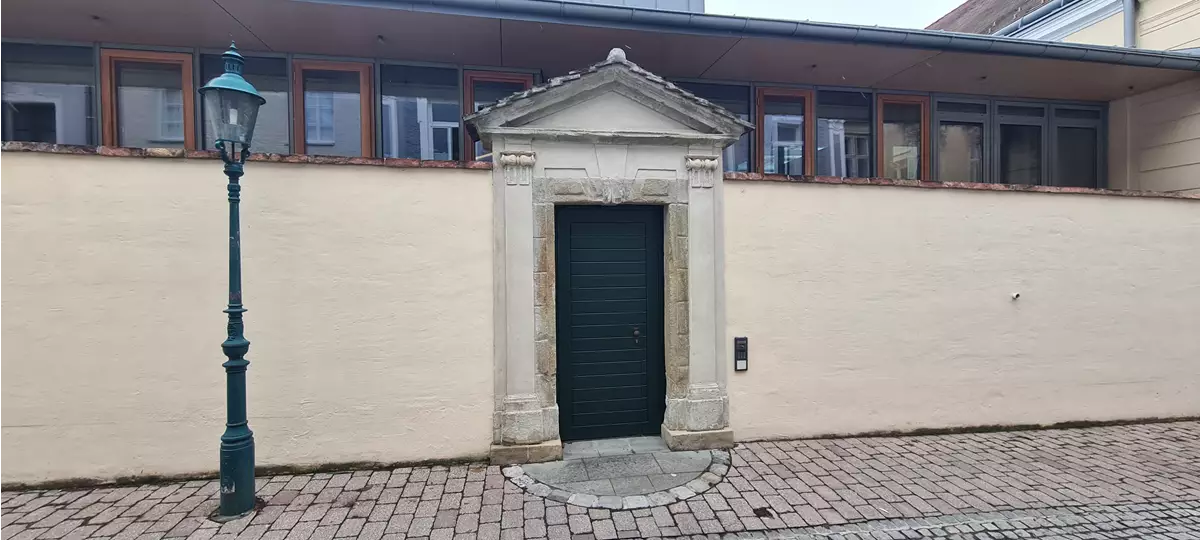Digitisation
doorman not only monitored access to a building, but he was the only one who opened a door at certain times. Only later did the persons entitled to access receive their own keys, which enabled independent access. The doorman had then only handed over keys on time in his basic function. What a loss it was for the porter in his profession to hand over this key power! For a while, he could only exert his power on visitors, until the bell with the electric door opener erased this last remnant of power.
Some functions are still available on the door. No longer to this extent, but with completely new services. The caretaker no longer has exclusive key power, but still has his justification with expanded competencies and services. In the hotel, the concierge no longer exclusively manages access to the hotel, but takes care of the driving service, completion of purchases and errands, restaurant reservations, care of pets, clearing out and the like.
But here, too, the development does not stop. Digitalization is forcing modern concierges to take the next step in their development.
The ride-hailing service is perfectly digitized by Uber and taxi apps. The platform mediates driving at any time of the day. Purchases are increasingly being made online and even the delivery takes place in electronically lockable delivery boxes that can be opened via app for the delivery service.
Errands can be booked securely and quickly via online platforms and the code for the hotel room door is sent with the booking confirmation.
Reservations in the restaurant are possible online and you choose the seat yourself. Not surprisingly, Google and Co know better which restaurant we prefer than the concierge. It won't be long before the food can be pre-ordered online not only at fast food chains. It's true, not everything is easy to do, but the development of simple standards is only a matter of time. But imagine you're done eating and don't have to ask the waiter for the bill umpteen times. You pay immediately via app, share the amount, click on the tip button, leave a review and just leave.
And yes, even for the care of pets and clearing out, there are already corresponding online services.
What remains then? Maybe only the function of the friendly face, the house psychologist and friend of the residents, who is personally available 24 hours a day when the app can no longer look into this soul. A mobile phone has no feelings, no smell, no facial expressions or gestures. Perhaps this is the new direction for a new job description. The concierge as hotel mom, dad, sister and so on. Satisfying the need for personal contact, a laugh, a surprising little adventure could become the new essence. Because in addition to all the perfection, the spice of a refreshing surprise is missing. If you want to break out of your preference cloud defined by Facebook and Co, it's nice to get out properly, nail your phone to the beach bar and yes, to revolutionize once.
Conclusion
What do the above development steps of digital transformation show us: Transformation cannot be reduced to technology alone. But it made digital transformation possible in the first place. The fact that almost the entire population now has access to mobile Internet, Google provides free online maps, APIs can easily link applications, freely usable GPS systems and affordable Internet-connected tracking devices are available, has made today's digitization possible.
By specializing in repeatable activities, platforms have taken advantage of these technologies and can efficiently enable affordable services and digitize our lives. And this process has only just begun.

